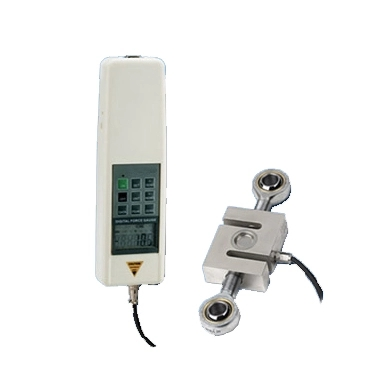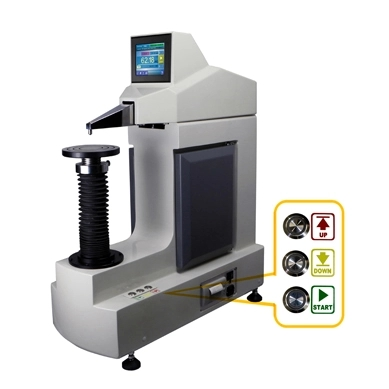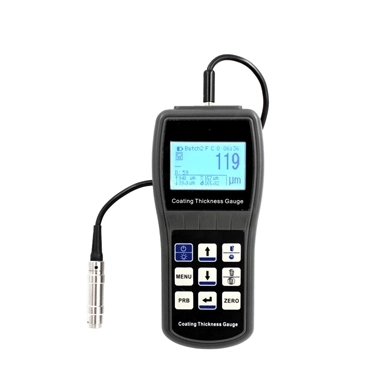The ndt testing instruments are essential tools in the field of metallurgy. It is used to measure the hardness of metals, which is a critical property in determining the suitability of a metal for a specific application. The hardness of a metal is its resistance to deformation, usually by indentation. The hardness tester applies a specific load to a metal and measures the depth or area of the indentation. The smaller the indentation, the harder the metal.
.jpg)
Applications of Hardness Tester in Metallurgy
The hardness tester plays a crucial role in various aspects of metallurgy. One of the primary uses is in the quality control process. It helps in determining whether the metal produced meets the required hardness specifications. This is particularly important in industries such as automotive, aerospace, and construction, where the hardness of the metal components can significantly impact the overall performance and safety of the products.
Another application of various hardness testing machine types is in the research and development process. Metallurgists use it to study the properties of new metal alloys. By understanding the hardness of these new alloys, they can develop materials with improved characteristics, such as increased strength, better corrosion resistance, or enhanced heat resistance.
.jpg)
Hardness Tester and Failure Analysis
The hardness tester is also a valuable tool in failure analysis. When a metal component fails, it is often due to a problem with its hardness. For example, if a component is too hard, it may be brittle and prone to cracking. On the other hand, if it is too soft, it may wear out quickly or deform under load. By measuring the hardness of the failed component, metallurgists can gain insights into the cause of the failure and take steps to prevent similar failures in the future.
.jpg)
The Value of Hardness Tester in Metallurgy
In conclusion, the hardness tester is an indispensable tool in metallurgy. It plays a vital role in quality control, research and development, and failure analysis. By providing accurate and reliable measurements of metal hardness, it helps metallurgists to produce safer, more durable, and more efficient metal products. Therefore, the hardness tester is not just a tool, but a cornerstone of modern metallurgy.

 français
français Español
Español русский
русский العربية
العربية português
português
.jpg)
.jpg)
.jpg)





